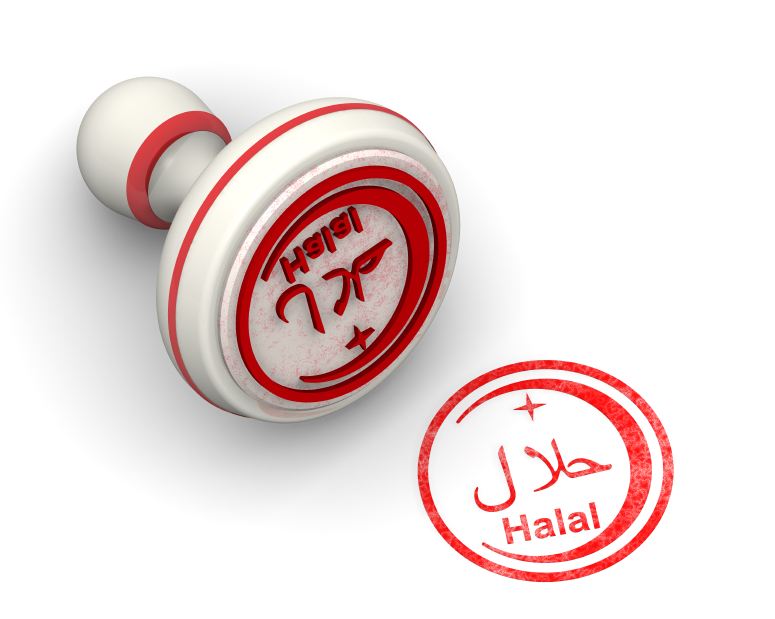The Asia-Pacific regions market for halal-certified products is booming, observers say, and that could lead to an increase in demand for halal food-grade lubricants.
Halal is an Arabic term for objects or actions considered permissible under Islamic law. No ingredients or equipment used in the manufacturing, processing and storing of a halal product may contain or have been in contact with unauthorized animal derivatives such as lard or other verboten ingredients including alcohol found in cleaning products.

Image: iStock
For products such as food and food-grade lubricants to be certified as halal, or lawful under Islamic law, they must be certified by an authorized governing body.
Halal certification is often associated with the foodstuff industry, including lubricants used in food-processing applications. For a food product or any product to be halal, all aspects of the production – from raw materials to final packaging – must be compatible with halal requirements, said Roger Othman, director of consumer relations for the Islamic Food and Nutrition Council of America. That means lubricants, which may come in contact with the halal product, must be approved for use. The best way to be approved is for the lubricant to be halal-certified.
IFANCA has certified a large number of lubricants and expects the number to increase, he added. There will be suppliers of halal lubricants available for anyone interested in producing halal-certified products.
Fazil Hamid, CEO of Singapore-based SimplyHalal International, concurred. Halal food-grade lubricants are manufactured in Asia, Europe and America …, and the market for such products is growing.
Jakarta-based Pertamina Lubricants recently received halal certification from the Indonesian Ulema Councils AssessmentInstitutefor Food, Drugs and Cosmetics for Pertamina Food Grade HO 46, a hydraulic oil, and has a food-grade gear oil that is in the certification process.
Its been a growing trend for lubricants companies in Indonesia to obtain the halal certification due to the growing population of Muslims, hence driving Islamic economic potential and increased demand for halal products, Pertamina Lubricants corporate secretary, Arya Dwi Paramita, told Lube Report Asia. We have been looking at other products, but the certification process takes time and has to go through various process and trials.
British specialty chemicals firm Croda International Plc. is also looking to certify more of its portfolio – which includes chemicals for the lubricants industry – by certifying its production sites. Croda is also actively seeking to further expand its product offerings to meet the needs of customers and global consumers by obtaining certification for sites that currently do not possess halal registration, the company said in a May press release.
Crodas products manufactured in Singapore are certified by the Islamic Religious Council of Singapore, which is recognized globally in key halal markets such as Brunei, Indonesia, Malaysia and the Gulf Cooperation Council countries.
Indonesia has the worlds largest Muslim population, and some observers expect the countrys demand for halal-certified products to surge after passage of the Halal Product Assurance Law, which requires all products marketed as halal to be halal-certified by October 2019.
Indonesia is the first country in the world to regulate in this way, said Gilang Ardana, policy analyst at the American Chamber of Commerce in Indonesia, in a blog post on halal consultancy HalalFocus website. Noncompliance is subject to administrative sanctions, he added.